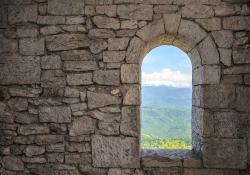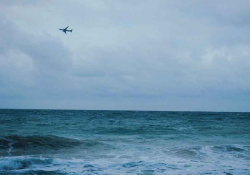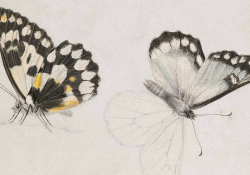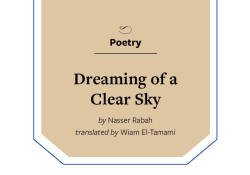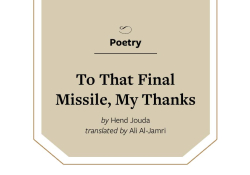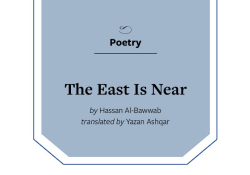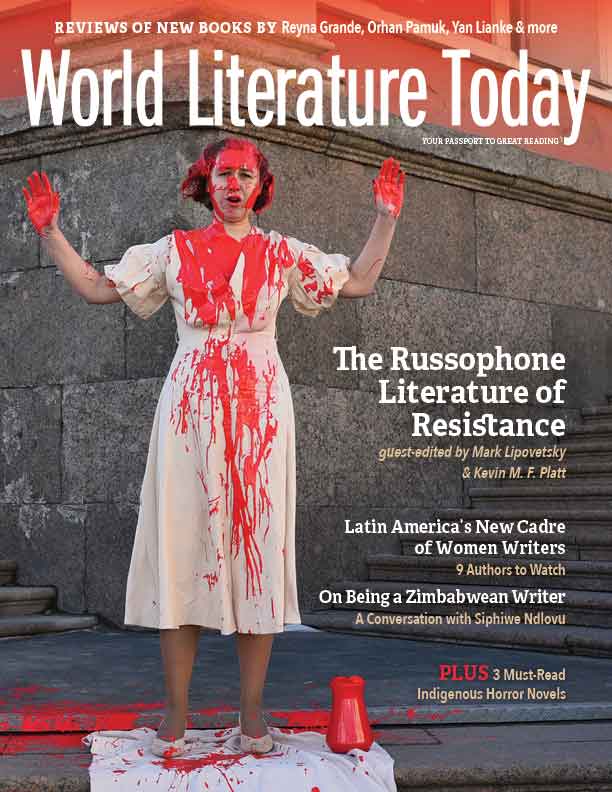Monologue of a Russian Woman #4

i feel personal guilt in this conflict
lots of people talk about collective guilt
but i don’t think that it’s collective
for me
for me it’s personal guilt
well how come
i live in this country pay taxes
which pay for weapons and feed the army
i didn’t always vote
just didn’t go sometimes to the elections
i wasn’t an activist
i didn’t go out to the protests
when they passed the law
discriminating against lgbtq people’s rights
propaganda for minors
and now they’re going to apply it to everyone
this means all literature will be prohibited
almost all
in society we are like streams
made up of some kind of force
and until we become visible
we don’t exist
for the people who make decisions
and i feel guilty about this
that i wasn’t visible
politics despite the fact that i worked for the state
didn’t take up a lot of space in my life
for me people were more important
i never refused to help
to consult
you could always just call me
politics turned into
a high-quality approach to business
but it shouldn’t have been like that
and i feel guilty
i should have been more active
gone out
talked
proved
written
warned
found the words
explained
if every one of us will do something
the situation will start to change
* * *
this is not the cancellation of russian culture
it is just the pain of ukrainians
powerful to such a degree
the desire to be understood
that is, understand us
when they bomb us
understand us
it can be simple now
sit at home
can one under these circumstances
publish books
date, read poems
in russian?
probably yes but probably still
not all texts can be read
compassion is one thing
poetry is another
you can make a certain gesture
an antimilitaristic one
say that it shouldn’t be like this
that this is a war crime
there is support in this
even though this too is you know painful
in russian
like how after the second world war
people would hear german spoken
and start shaking
that’s probably what this is like now
russian makes people shake
this is not russian’s fault
the circumstances are to blame
it’s a disaster over there of course
but over here everyone is also horrified
and you too might have
the need to say something
to take part in something
many people are trying to write
to somehow send the signal
“i feel your pain
i’m here i’m nearby
so
don’t think there are rocks here”
this signal
may go out into the void
but sometimes this is important
for the person
giving it
Translation from the Russian



